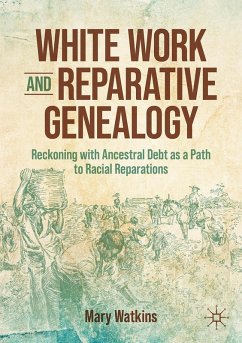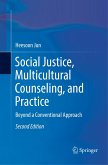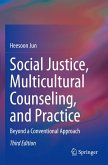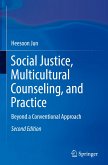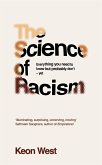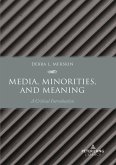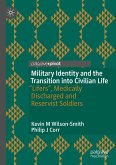What does it mean to reckon with a legacy of white supremacy? White Work and Reparative Genealogy invites white-identifying readers on a courageous journey into the heart of ancestral memory, historical accountability, and racial repair.
Clinical psychologist Mary Watkins traces her family s lineage from 1607 Jamestown through generations of slave ownership and racial violence in the American South. Blending personal narrative, historical research, and psychological insight, Watkins models a practice of white work a form of reparative genealogy that confronts the silences and distortions in white family histories. With reflective questions at the end of each chapter, this book offers practical tools for readers ready to explore their own histories and take action toward racial justice.
This is a book for those who seek to move through guilt and shame not around them toward healing, solidarity, and shared liberation.
Clinical psychologist Mary Watkins traces her family s lineage from 1607 Jamestown through generations of slave ownership and racial violence in the American South. Blending personal narrative, historical research, and psychological insight, Watkins models a practice of white work a form of reparative genealogy that confronts the silences and distortions in white family histories. With reflective questions at the end of each chapter, this book offers practical tools for readers ready to explore their own histories and take action toward racial justice.
This is a book for those who seek to move through guilt and shame not around them toward healing, solidarity, and shared liberation.

